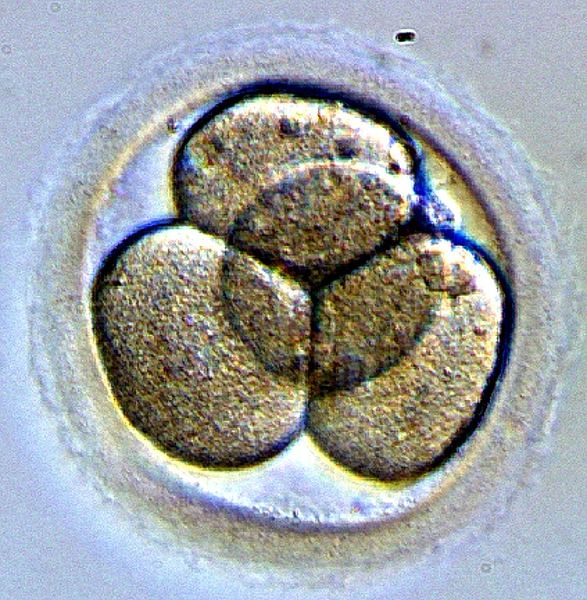Our immune systems are pretty impressive—once they’re developed, they help our bodies stay healthy thanks in part to specialized immune cells that recognize and remove defective or unhealthy cells. But what about before those specialized immune cells develop, when an animal is still an embryo? When an embryo is in its earliest stages of development, there’s a flurry of activity as cells are diving rapidly. Unfortunately, that rapid-fire process makes an embryo prone to defective cells, which sometimes causes the embryo to fail. It’s a time when an immune response to clear those defective cells could really come in handy.
Scientists wondered: does an embryo that hasn’t developed specialized immune cells yet produce an immune response some other way? After studying early embryos of zebrafish and mice—which are often used to study vertebrate development—their answer is yes.
Using high-resolution time-lapse imaging technology, the research team found that epithelial cells, or the cells on an embryo’s surface, can recognize, ingest, and destroy defective cells. They observed the epithelial cells working together by using their arm-like protrusions to move defective cells toward other epithelial cells, making the removal quick and efficient.
The scientists say that studying this process could help them better understand why some early embryos fail to implant and develop, while others go on to thrive—and not just in zebrafish and mice, but in humans too. Now we know that immune responses aren’t only impressive, they show up early to the party, even beating out organs, and their arrival is always very welcome.










